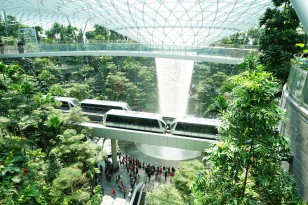
Connected smart cities: How the Emirates are shaping urban living
Categories
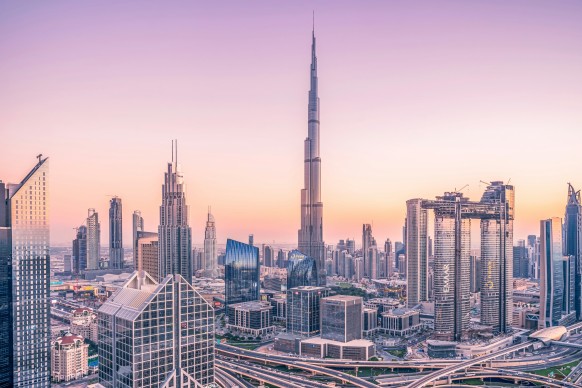
Emirates’ Smart City initiatives in Dubai showcase cutting-edge technology, positioning the city as a global innovation hub, driving economic growth and smart infrastructure.
What’s more, the Dubai 2040 Urban Master Plan appears to prioritize sustainable development, increased public spaces, and improved accessibility. These efforts align with global trends towards smart, liveable cities.
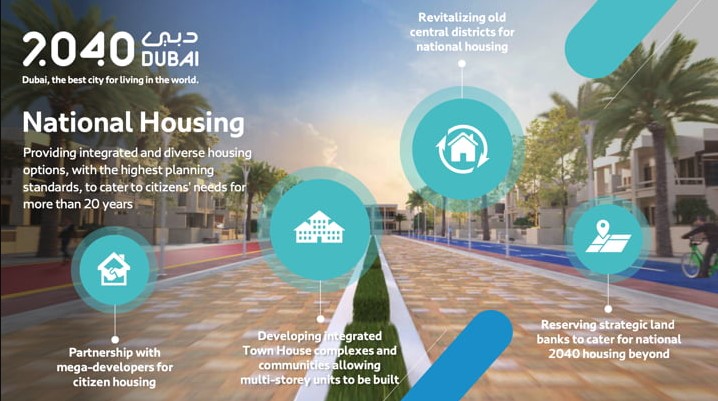
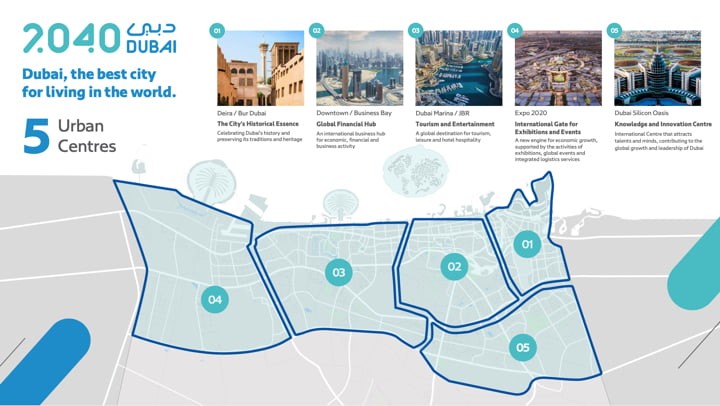
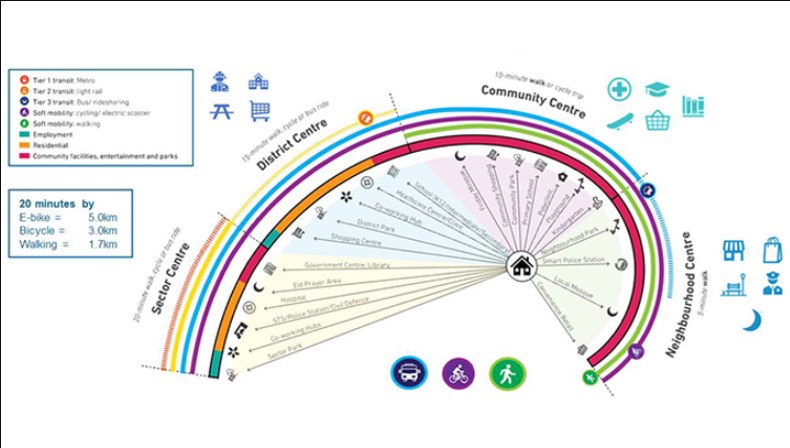
Addressing the Emirate’s Main Challenge: Traffic
It’s important to note that the Emirates have a particular challenge that European cities like Barcelona don’t face: a hot climate, which makes transport planning very complex in the Emirates.
To solve that, Dubai is investing in expanding the metro network and striving to address the first- and last-mile challenge. In parallel, there is a strong focus on public spaces in Dubai and Abu Dhabi, such as beaches with cycling and running networks, outdoor sports and leisure activities.
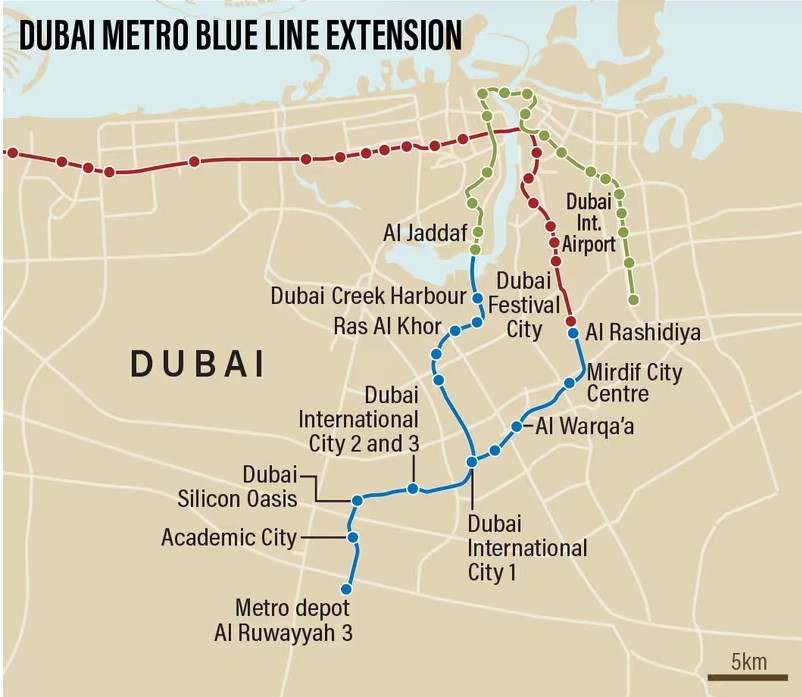
These cities are pioneers in putting legislation in place for innovative mobility options, such as driverless cars, electric scooters, bicycles, etc. They are also future-proofing new public governmental and public space developments regarding new mobility methods that attract more traction. The Emirates are also experimenting with new options for delivery, such as self-driving robots and drones.
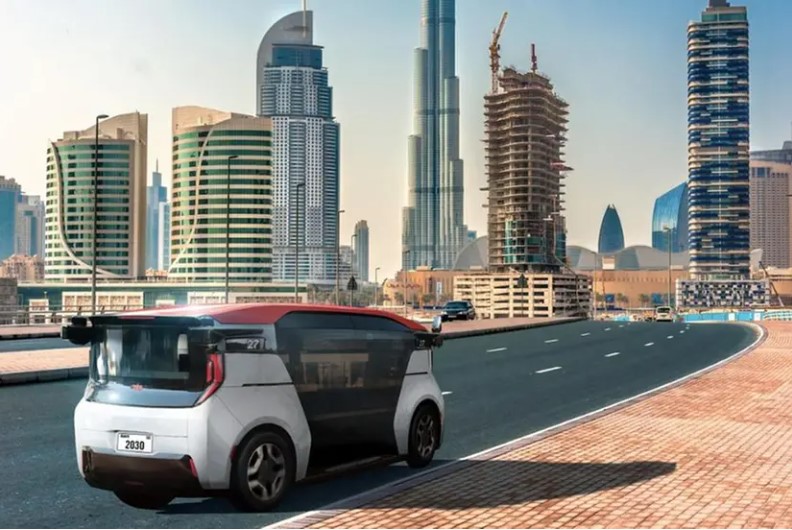
Post-COVID-19, several additional changes have marked the reduction of traffic and the liveability of cities in the Emirates. In particular, many companies have adopted a hybrid working pattern, which has reduced commuting to work. Furthermore, companies have also adopted flexible working weeks that start on Sundays for some people and on Mondays for others. At the same time, cities like Sharjah already have 4-day weeks for government functions.
This article is inlcuded in our 8th edition of our Mosaic Magazine. You can download the full issue here:

Looking Ahead: the Future of Smart Cities
The major trends and challenges that will influence cities in the future will be to grapple with increasing populations and shrinking available land for construction.
In this scenario, sustainable development becomes more important than ever: new mobility options such as micro-podes, driverless vehicles or hydrogen fuel will also shape the future of cities and are expected to reduce air and noise pollution within the cities.
Lastly, cities are producing more data, and the threats to data security are increasing. For that reason, city managers will have to focus on safeguarding their cities, but also grasp the relevant opportunities through efficient data management.
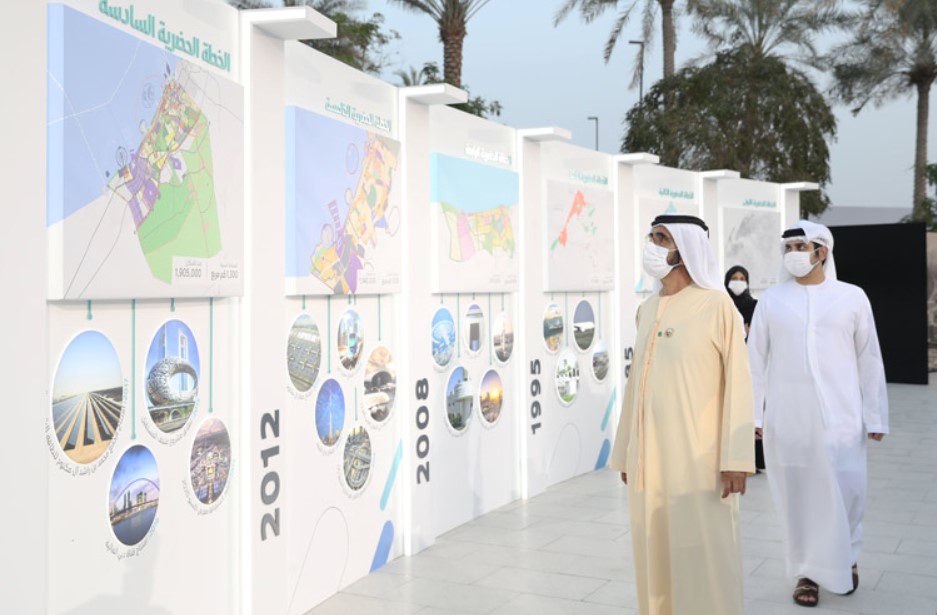
By 2040, Dubai will have achieved the following:
- Green and recreational spaces will double in size
- Nature reserves and rural natural areas will constitute 60 per cent of the emirate’s total area
- Several green corridors will be established to link the service areas, residential areas and workplaces
- The movement of pedestrians, bicycles, and sustainable mobility means across the city will be facilitated
- Land area for hotels and tourist activities will increase by 134 per cent, and for commercial activities, it will increase to 168 square kilometres
- Land area for education and health facilities will increase by 25 per cent
- The length of public beaches will increase by 400 per cent
Source: u.ae/en
Develop Connected Smart Cities initiatives with a Master's Degree
In a world where urbanization is rapidly transforming the landscape of our cities, the demand for skilled professionals capable of navigating the complexities of urban development has never been greater. As cities strive to become smarter, more sustainable, and more resilient, the need for individuals equipped with the knowledge and expertise to drive these initiatives forward becomes increasingly paramount.
ZIGURAT's Smart Cities Master offers a comprehensive and interdisciplinary approach to understanding the intricate dynamics of urban environments in the digital age. It specifically attracted me because of the multidisciplinary program structure encompassing technical, strategic and management skills, the lecturing staff that is an excellent combination of academics and people from the industry and the opportunity to study while working. This exciting opportunity allowed me to learn with multicultural groups from around the world.


